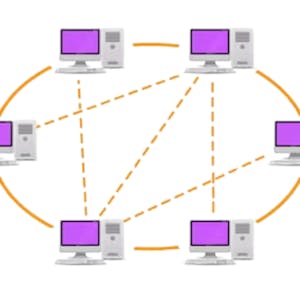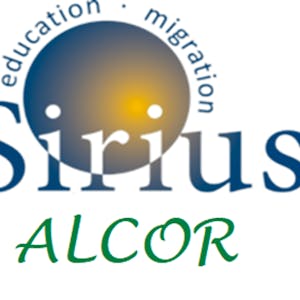The Diversity of Exoplanets
About this Course
In this MOOC, you will have the opportunity to practice several methods of detection and characterisation of exoplanets. You will discover their statistical properties and the current state of knowledge we have in this very recent field of research. You will also understand the limitations and biases of the different detection techniques. At the end of this MOOC, you will have a good general understanding of the methods of detection and characterisation of exoplanets and their atmosphere. You will also have a basic understanding of spectroscopy and light curve analysis. All this knowledge will help you to participate in and understand citizen science projects. The original version of the MOOC dates from 2014 and some of the content has been updated in 2020 to take into account the progress of research in the field.Created by: University of Geneva

Related Online Courses
In this course, we discuss peer-to-peer protocols and local area networks. Part one in this course is to answer the question of how does a peer-to-peer protocol deliver reliable data transfer... more
This specialization extends upon the initial introduction specialization, and like the other specialization, it introduces a limited number of new materials science and engineering concepts.... more
Attention teachers worldwide! Get ready to embark on an exciting journey into the world of language diversity in classrooms. As the global landscape changes, more and more children are speaking... more
This final course in the specialization provides an introduction on types of the construction projects as well as the main concern of the productivity challenge in the construction industry.... more
Step into the cutting-edge intersection of law and technology with the \"Prompt Engineering for Law\" specialization, designed for legal professionals seeking to harness the power of Generative AI.... more








